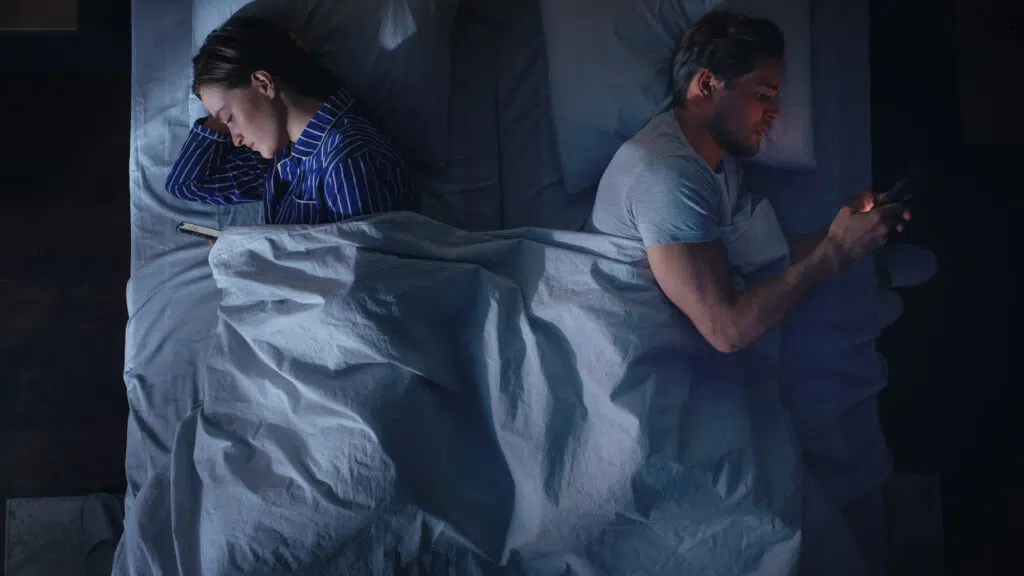It’s Not About You

Your partner wanting and making, a decision to have a fulfilling experience, whether it be with friends after work or a jog alone, is not a rejection of you—unless it is.
When we get into relationships there is a tendency to assume that because you chose each other as life partners that all your needs (romantic, play, social, sexual and so forth) will be met by that one person and theirs through you. It is unrealistic, and even narcissistic as the infamous psychotherapist Esther Perel would say, to expect your partner to lose interest or no longer desire access to outside meaningful relationships and interests that are part of their multifaceted selves.
Sometimes it is not the act or event but our belief systems that create the chaos in our lives and relationships. Jumping to the conclusion that, for example, you partner does not want to spend time with you because they chose to engage in something separate from you could trigger feelings of rejection and a dispute that may not be warranted.
It is valuable to become more conscious of these cognitive distortions to in turn be more equipped to actively dispute them and reduce the stressors in your life and relationship. Working with a Psychotherapist could help to introduce communication tools to address concerns surrounding balancing the needs of the relationship and the individual self.
It is useful to communicate your needs and perspectives with your partner to give them an opportunity to demonstrate empathy and for you both to come to a compromise. If you would like more quality time, that is something to be addressed using an “I” language approach rather than shame and blame talk that stems from cognitive distortions of ‘shoulds’ and ‘mind reading’. The latter puts your partner in fight or flight mode, the message gets lost, and the circular disputes begin.
We often don’t know why people act the way they do, that includes the people closest to us. Make an effort to not personalize a behavior or lack thereof and take the opportunity to better understand each other and navigate your differences. Recognize that differentiation allows for autonomy, reduces the likeliness of enmeshment, and is likely to lead to a more fulfilling relationship.

Sustaining Love: What to Do When the Honeymoon Phase Fades
There’s nothing quite like that initial attraction and spark where you just can’t get enough of your partner. But as the months and years roll on, it’s normal for relationships to transition through stages, and dynamics can shift.

All a Bad Dream? 1 in 4 Think Their Nightmares Predicted the Future
Americans have a lot on their minds. From navigating daily stress due to work or mental health to grappling with bigger widespread issues like politics, climate change, or crime, it’s safe to say there’s a lot to think about daily. For many, stressors aren’t only encroaching on their minds during waking hours, but also when they try to sleep in the form of nightmares, or bad dreams.

Psychological Challenges with Remote Working
While we can meet our loved ones in person without masks, the pandemic brought some changes that have stuck. Remote working has transformed the workforce. Some companies have chosen a fully remote approach, while others are welcoming their employees back to the office full-time.

Survey: 72% of Americans are Stressing About the Upcoming Presidential Election
Political viewpoints in the U.S. have always been contentious, but is the impact of politics in the United States making it difficult for people to live their everyday lives? With some anticipating another brutal and long campaign season ahead of the upcoming 2024 presidential election, nearly half of Americans say politics is negatively impacting their mental health.




